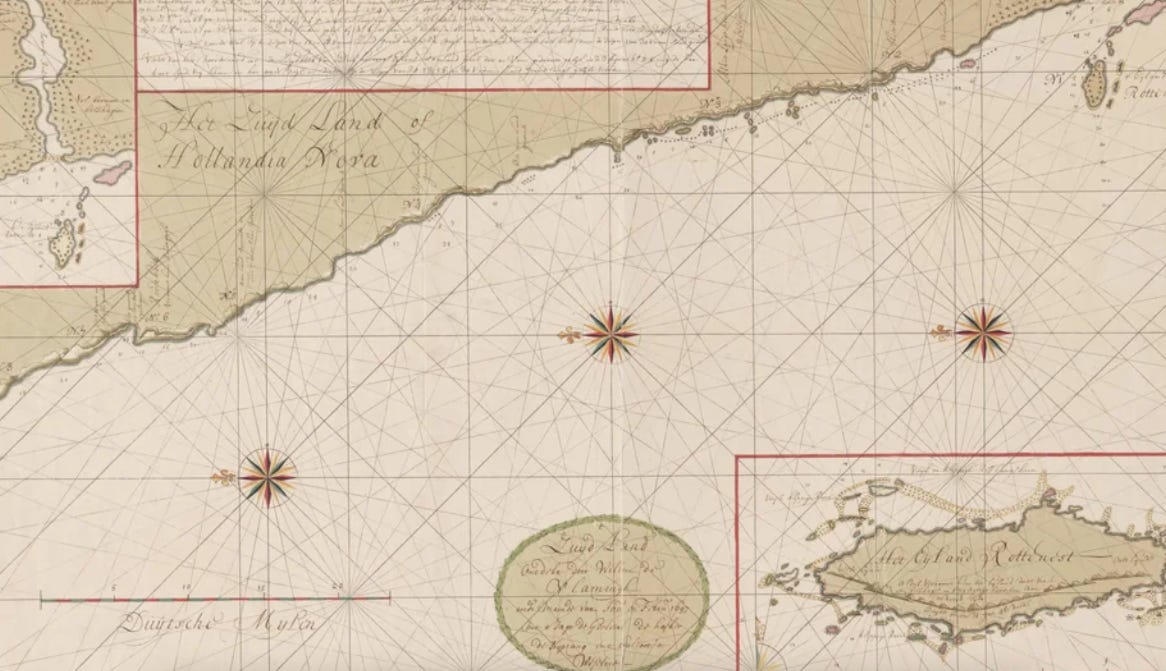Week signals: The call of nature
Plus: watch points for NATO, Lithuania, Belgium, China, and Cameroon.

This week:
IN REVIEW. The butterfly effect, black swans, and natural disaster.
UP AHEAD. NATO exercises, Lithuania votes, Belgium fractures, China anticipates, and Cameroon panics.
The Week in Review: A black swan flaps its wings
The week began with escalation in Lebanon, and an attack on Chinese engineers in Karachi. It ended with a meeting between Vladimir Putin and Masoud Pezeshkian on the margins of a poetry conference, and the awarding of the Nobel Peace Prize to the survivors of Hiroshima and Nagasaki. In between, France tabled a budget, Taiwan celebrated its de facto independence (with chief guest Tuvalu), and Colombia's president warned of a coup. There were also municipal polls in Brazil and Bosnia, a presidential vote in Mozambique, and a summit of Asian leaders in Laos.
The most important thing, however, was something that didn’t happen: the visit of Joe Biden to Germany for a high-level meeting of Ukraine’s allies. Biden cancelled at late notice due to Hurricane Milton (which did happen, though thankfully not to the extent predicted). A key opportunity to reaffirm Western support to Kyiv was missed. Volodymyr Zelensky instead visited four penniless European capitals, earning little for his efforts other than claims of an imminent ceasefire in a Milan paper, and a cold shoulder from the Downing Street cat.
The cancellation, and its cause, is a reminder of the contingencies of history and international relations. The meeting may not have been determinative to the war’s outcome, but it could have helped set the terms for the treaty or armistice to follow. Instead, as the US nears its election, and the Middle East sucks what limited oxygen is left for diplomacy, Russia looks increasingly likely to determine the day after unchallenged.
Hurricane Milton may not necessarily have been due to a butterfly’s wings in Brazil, nor may it have been a “black swan” (a virtually unpredictable event, so called because of the belief no swans were black until the Dutch saw some in Australia in 1697), but it was exogenous to the political system and unplanned – an act of God, or force majeure.
Commonly understood in business planning and especially insurance, these types of events are worth reflecting on in the context of politics, particularly as we’re in the month of the “October surprise”. In cases like Milton, they can have an impact far beyond their neighbourhood. In cases like Covid-19, they can have an impact virtually everywhere. In others – like a series of North Atlantic storms in 1588 – they can have an impact lasting centuries. Here, King Philip II’s invasion of England, almost certain to have succeeded, was delayed then destroyed by bad weather. Protestantism survived, the seeds of capitalism were sown, and today you’re reading this in English, not Spanish.
Not all examples are so dramatic. Sometimes


